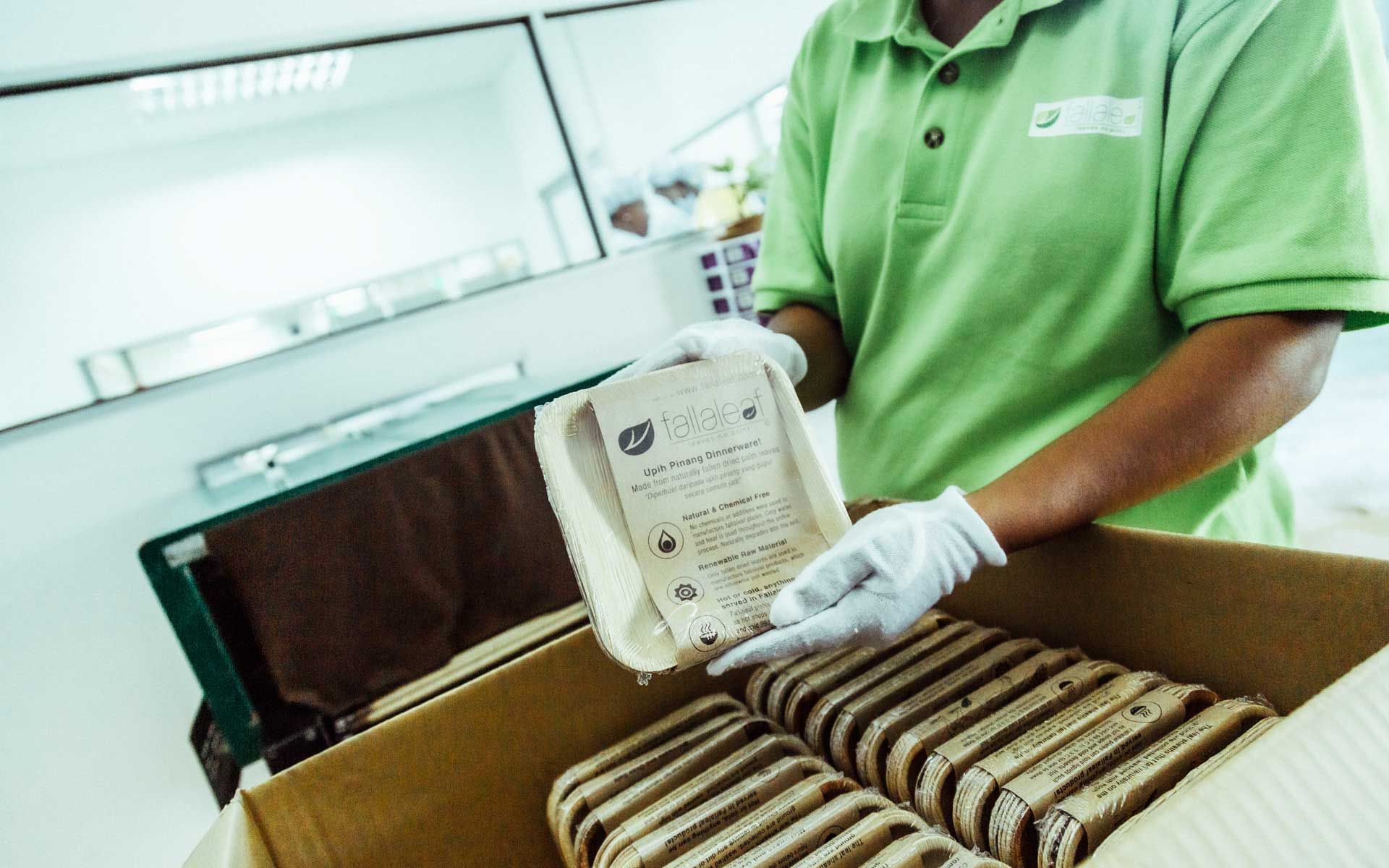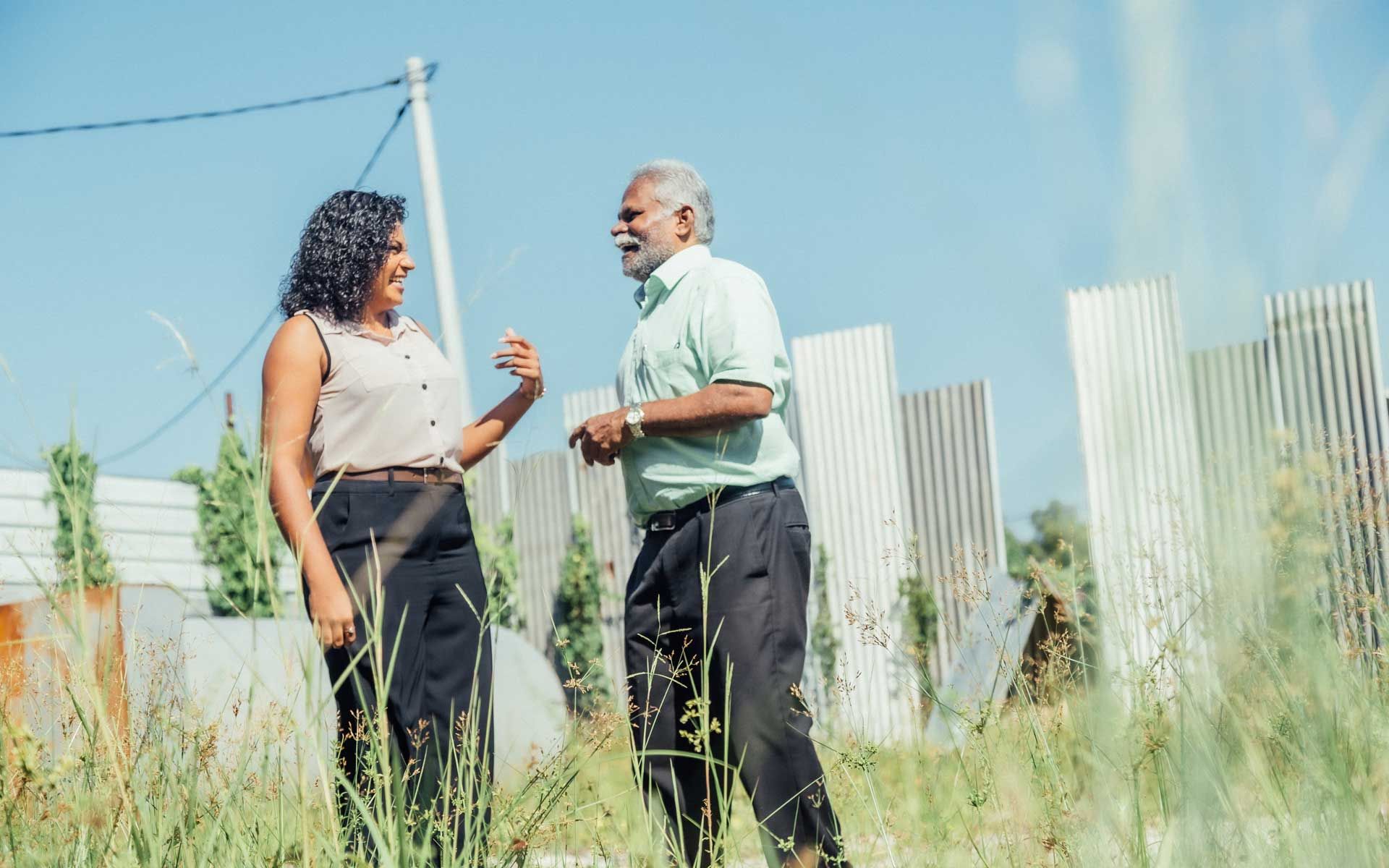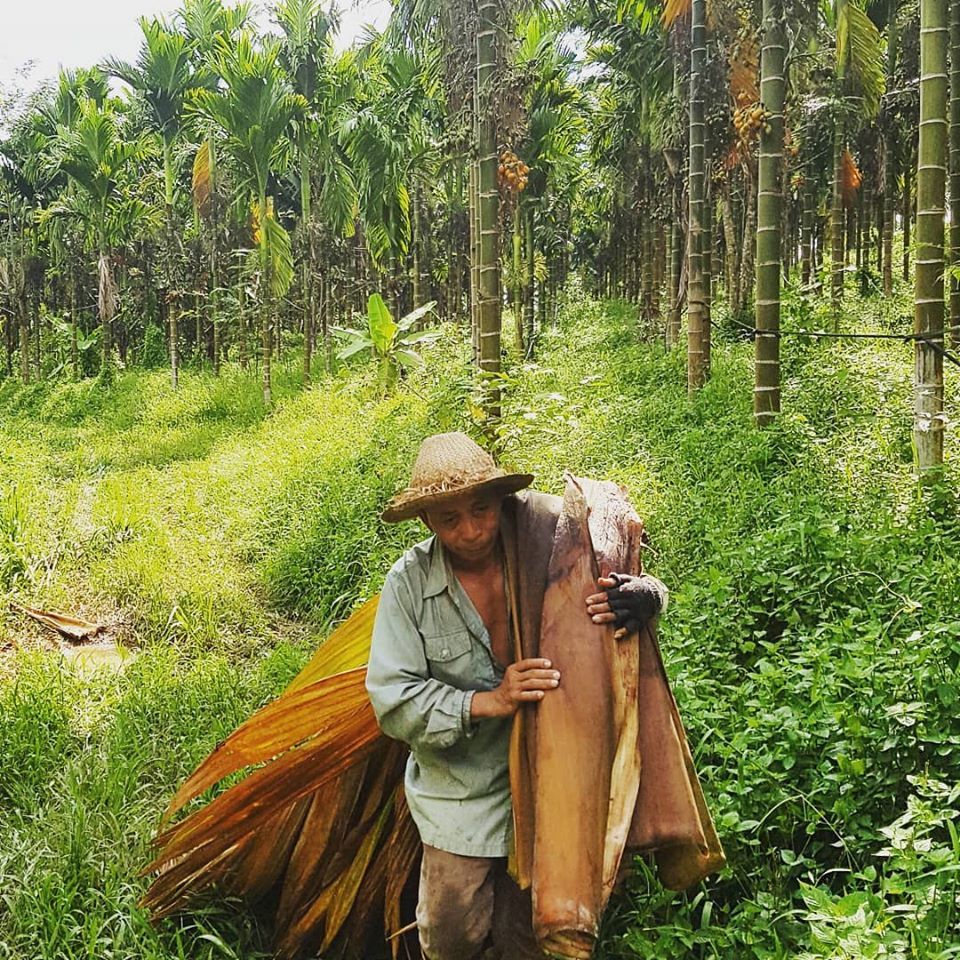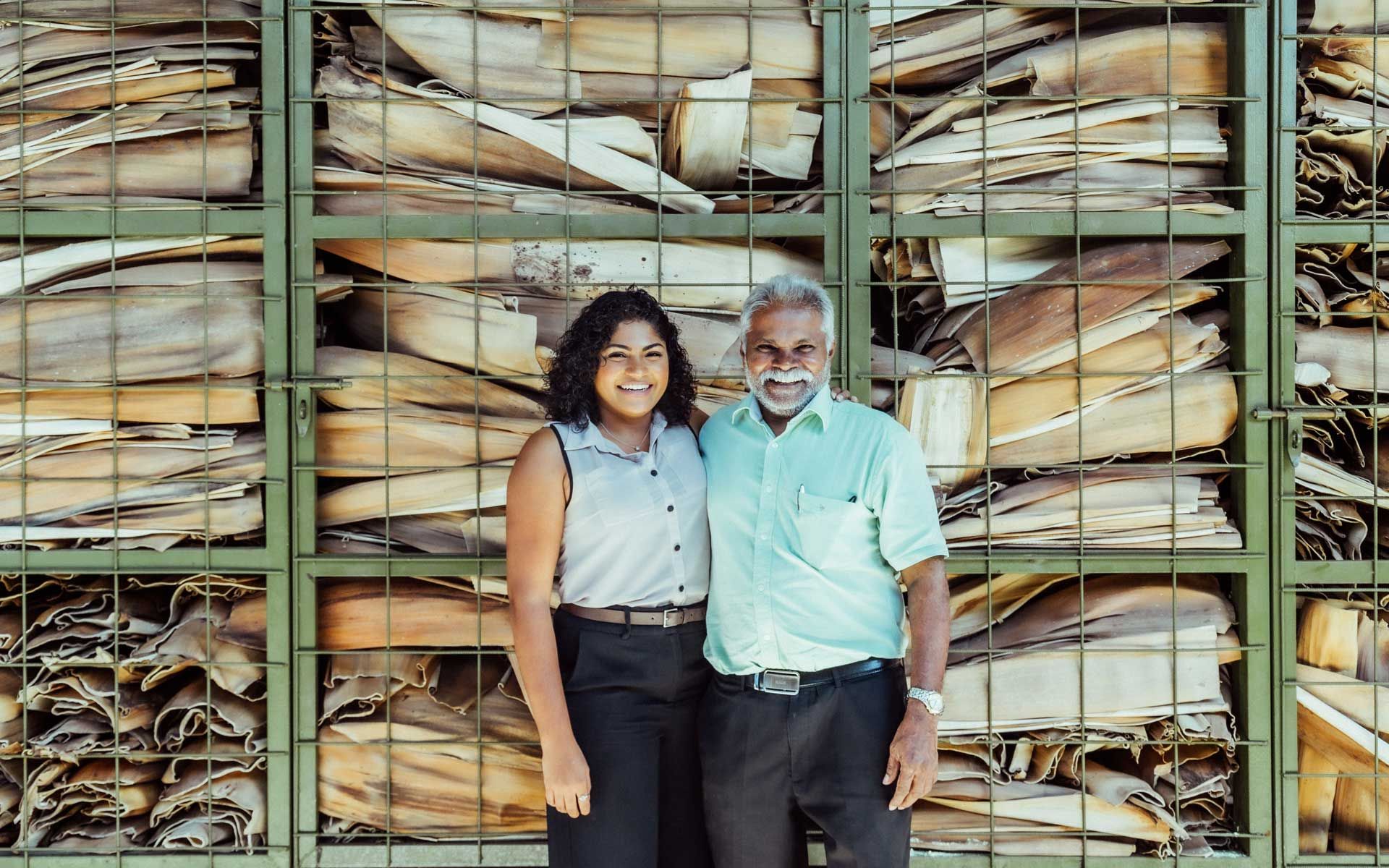Fallaleaf founder Ayamany and daughter Kartigha Ayamany have greener eating habits in the bag – literally
Here’s a familiar dilemma: the end of a dinner party at home inevitably leaves you with a trash bag full of plastic plates, cups and cutlery – and a guilty conscience. Is there a greener way to tackle group dinners or lunches without contributing generously to a landfill somewhere out there?
Here’s where Fallaleaf comes in. Launched in 2007, this Malaysia-made enterprise offers high quality eco-friendly dinnerware made from the dry sheaths of fallen leaves from Areca trees, known fondly to many as upih pinang.
More from Malaysia: Ento Offers A More Sustainable Source Of Protein With Roasted Crickets
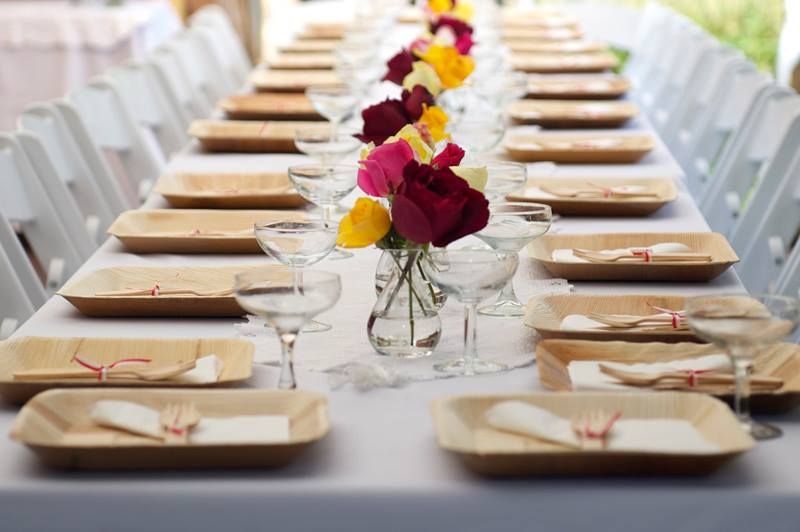
The impact is undeniable: swap plastic or Styrofoam plates for Fallaleaf's disposable plates, and you will not want to turn back. Microwave-safe and oven-safe, Fallaleaf plates come in different shapes and sizes, made without harmful chemicals and damage to the environment.
The company’s poignant backstory is best told by the founder and CEO himself, Ayamany together with his daughter, Fallaleaf COO Kartigha Ayamany. Both have toiled long and hard to alter consumer habits across Malaysia by promoting an alternative to conventional dinnerware. As a company, Fallaleaf also empowers small-time plantation farmers in rural areas where these types of trees are commonly found.
Below, the beaming duo share an honest take on the increasingly popular zero-waste movement, the realities of being an eco-friendly manufacturing business and the positive change they’re making in the lives of consumers both here in Malaysia and abroad.
Related: 6 Eco-Friendly Malaysian Hotels On Our Travel List This Year

